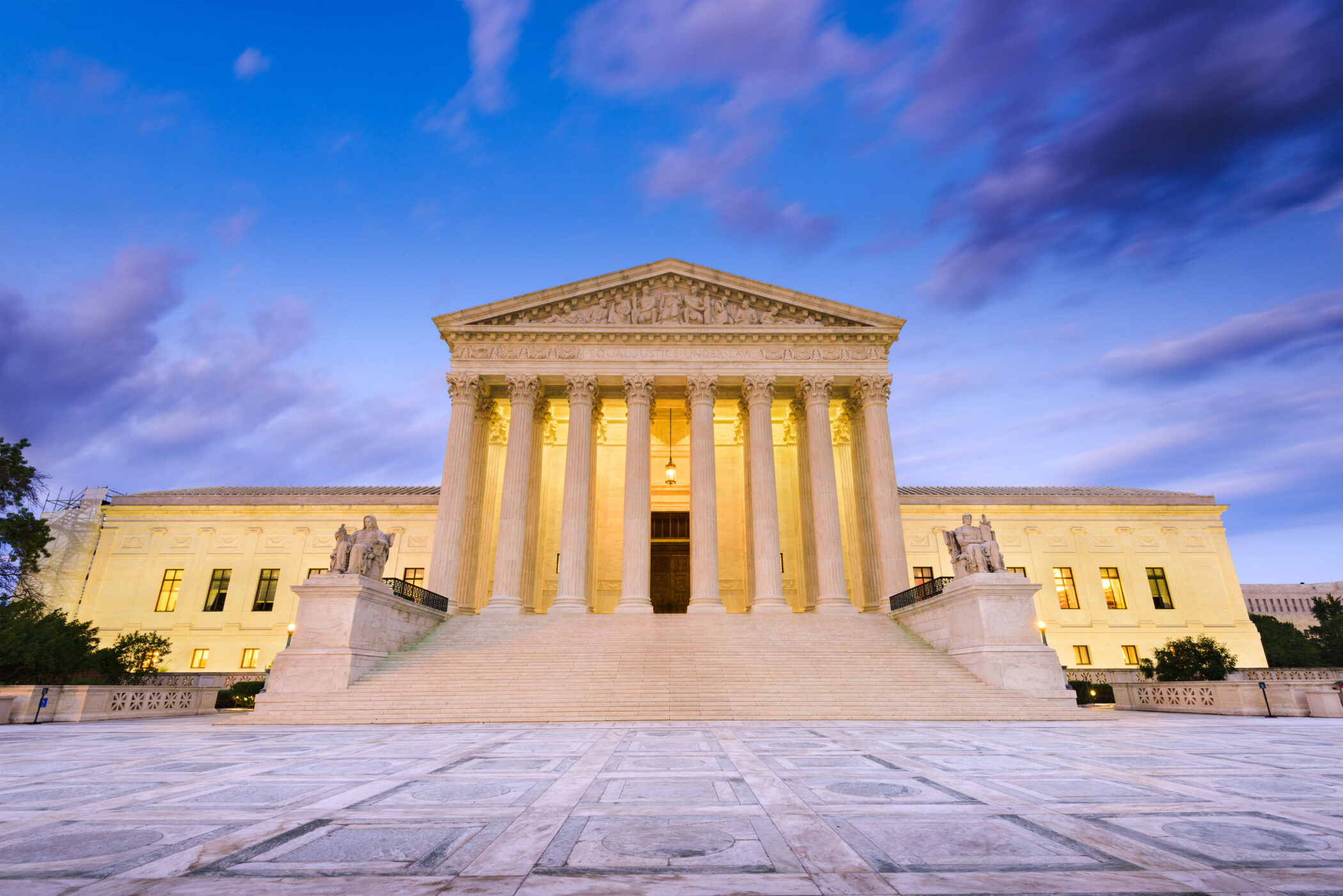Greg Comer, a physics professor at St. Louis University and president of the Missouri Conference of the American Association of University Professors, objects to a proposed bill that would offer protection to his whistleblowing colleagues.
The bill sponsored by Sen. Ed Emery, a Lamar Republican, would ostensibly give legal recourse to profs like Richard Arend, a tenured professor at UMKC who believes he was fired for calling attention to the falsified rankings ginned up a few years back at the Bloch School of Management. Arend is the only tenured prof fired for cause in the last 10 years at UMKC.
This is not the kind of whistleblowing that concerns Comer and other profs. Emery’s bill would also would protect professors from retaliation for saying things that trouble the easily troubled “progressives,” students and faculty alike, who have come to dominate academia.
According to Emery, academics have increasingly shied from an open exchange of ideas. Their inclination now is to say, “Look we know what we believe and we don’t want to hear from anybody else, because we’re not going to even reconsider what we’ve already decided.” The bill, said Emery, is the legislature’s way of saying, “Not in Missouri.”

Joe Cohn, the legislative and policy director at the Foundation for Individual Rights in Education, agrees. His organization has been tracking those cases nationwide in which profs have been disciplined for making common sense statements with which half of America agrees. Cohn believes that the bills like Emery’s are “crucial to the health and survival” of college campuses.
“Faculty should have the primary say about what goes on in the classroom because we’re the experts on the material,” countered Comer. “And that’s another problem with this bill, is that it puts in the hands of legislators control over the classroom.”
Emery is not keen on getting the state involved in policing higher education, but the public meltdown at MU in 2015 prompted him into sponsoring whistleblowing protection.
Emery believes that when you have institutions of higher learning that are “highly prejudiced to one way of thinking versus any counter ways of thinking,” someone has to protect the minority.
“The very essence of a bill like this,” concluded Emory,”is to say we’ve seen enough of that to say that’s not permissible.”



